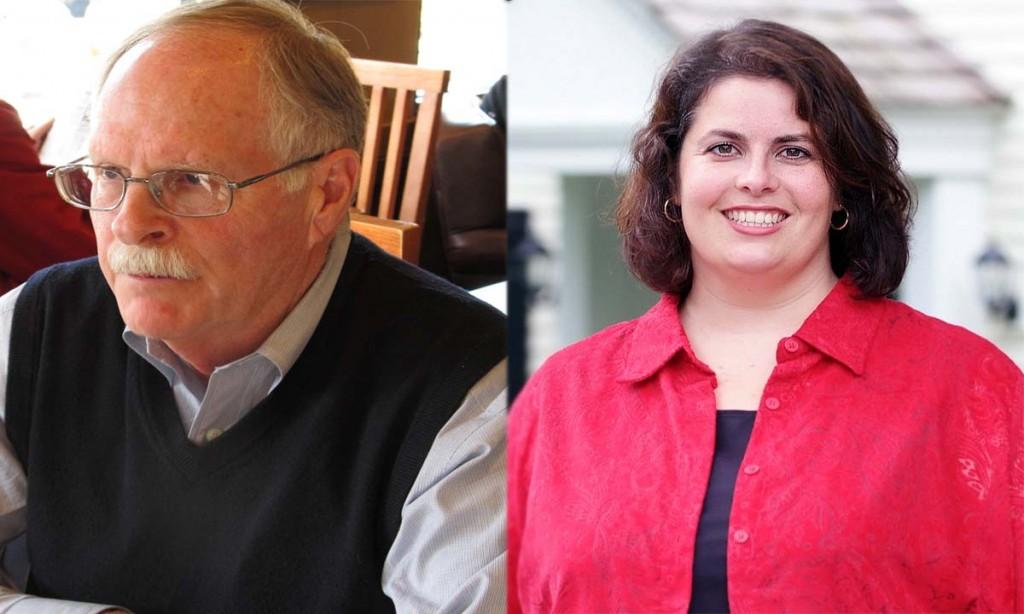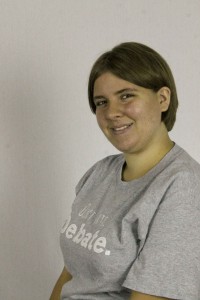While the whole nation has its eyes on the presidential election, another political battle is beginning right in our own backyards. In House District 37, which is made up of West Linn and Tualatin, incumbent representative Julie Parrish and Metro councilor Carl Hosticka are starting their campaigns for Oregon State Representative. With education and jobs as their priorities, they are ready to gather West Linn citizens’ support.
Hosticka, the Democratic candidate, currently serves District 3 of the Portland Metro area – consisting of Wilsonville, Tualatin, and portions of Stafford – on the Metro Council. He has held this seat since 2000, and has been the Metro Council Deputy President since 2011. Hosticka was also a member of the Oregon House from 1983 to 1994 and served as the House Majority Leader from 1989 to 1990.
“I’m running again because of the gridlock I saw during the 2011 session,” Hosticka said. “There was a change in the tone; they focused less on the people and more on their re-elections. I’m running because I have the experience to go down there and change the way they do things.”
Hosticka noted that the difference between the Legislature in the 1980s and 1990s and the Legislature now is characterized by a lack of cooperation.
“Back in the late ‘70s and early ‘80s, our economy was based mostly on agriculture, fishing, and other natural-resource based industries,” Hosticka said. “Those industries fell on hard times, so our focus in the Legislature was on tax reform and workforce training for more high-tech jobs. Back then, nobody cared who was Democrat or Republican. Today, they do.”
Hosticka will focus his campaign on higher education funding, transportation improvement, and overall improvement of Oregonians’ quality of life.
“Everyone will be saying ‘jobs, jobs, jobs,’” Hosticka said, “and all those things lead to a healthier economy.”
Parrish, the Republican candidate, is running for her second term in the Oregon House seat. She ran a close race with Will Rasmussen in 2010, winning by just over 500 votes.
“They outspent me almost two to one and had 13 months to prepare,” Parrish said. “I only had three and a half months, and I still won.”
Parrish believes that her first term was very successful for the goals she set, which primarily included education, cutting wasteful spending and creating private sector jobs.
“We spend too much money on things that don’t serve the general public,” Parrish said. “For example, the lottery spends about ten million dollars on advertisements. Out of state travel, huge advertising budgets, and catering costs for agencies are a significant part of the budget, when those dollars can be better used serving Oregonians in need.”
Parrish has been working to redirect that money into job creation efforts with the goal of creating 50,000 private sector jobs over five years. She has also backed legislation that would give students more options for education, such as technical schools.
“It was a first swipe, but we did do a good job,” Parrish said. “You can’t get everything done in one term, so I’m going back as a sophomore to take another bite at the apple.”
Parrish does not agree with Hosticka’s description of the partisanship in today’s Oregon legislature.
“My vote tied the legislature, 30 Republicans and 30 Democrats,” Parrish said. “In a divided legislature, the legislation that serves the fringe perspective has to go away to find a middle ground. There’s a lot of partisan politics on the national level, and that didn’t happen as much in Oregon. Besides, our district demands that you take a middle-of-the-road approach.”
Parrish also noted that her experience as a small businesswoman gives her an advantage over Hosticka, who has served in government positions since the 1980s. However, Hosticka believes his edge comes from his experience, as it has given him a “big picture” view of governing in Oregon.
During his tenure on the Metro Council, Hosticka took on several projects and locally-based initiatives, including Nature in Neighborhoods. He will use his experience answering to local citizens in his campaign.
“The strategy for success will be based on neighborhoods and community groups,” Hosticka said. “I will be knocking on doors, talking to people and listening to people.”
Parrish took a similar approach in 2010, and plans to use it in 2012.
“I don’t really plan to do anything differently [than in 2010],” Parrish said. “My strategy was talking to my neighbors. Sometimes, I spent 45 minutes on someone’s doorstep listening to their concerns. If it takes 45 minutes to find equal ground, so be it.”




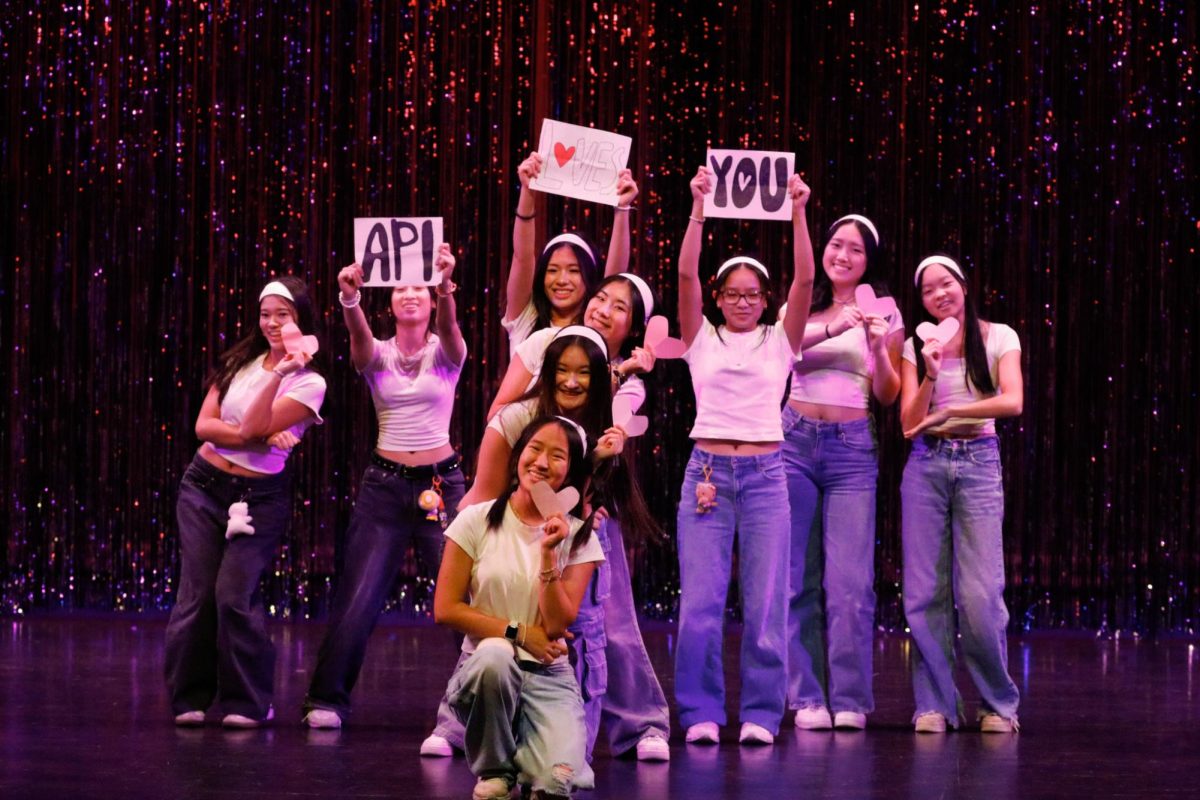
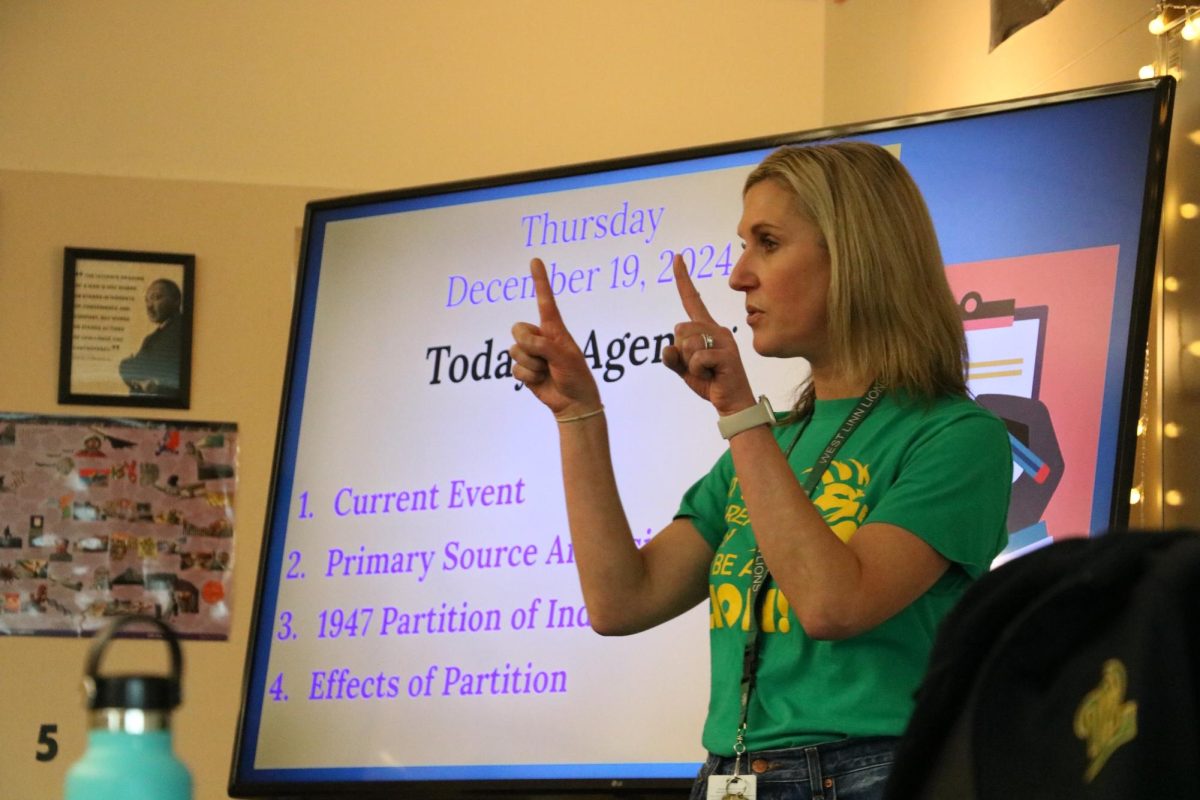


















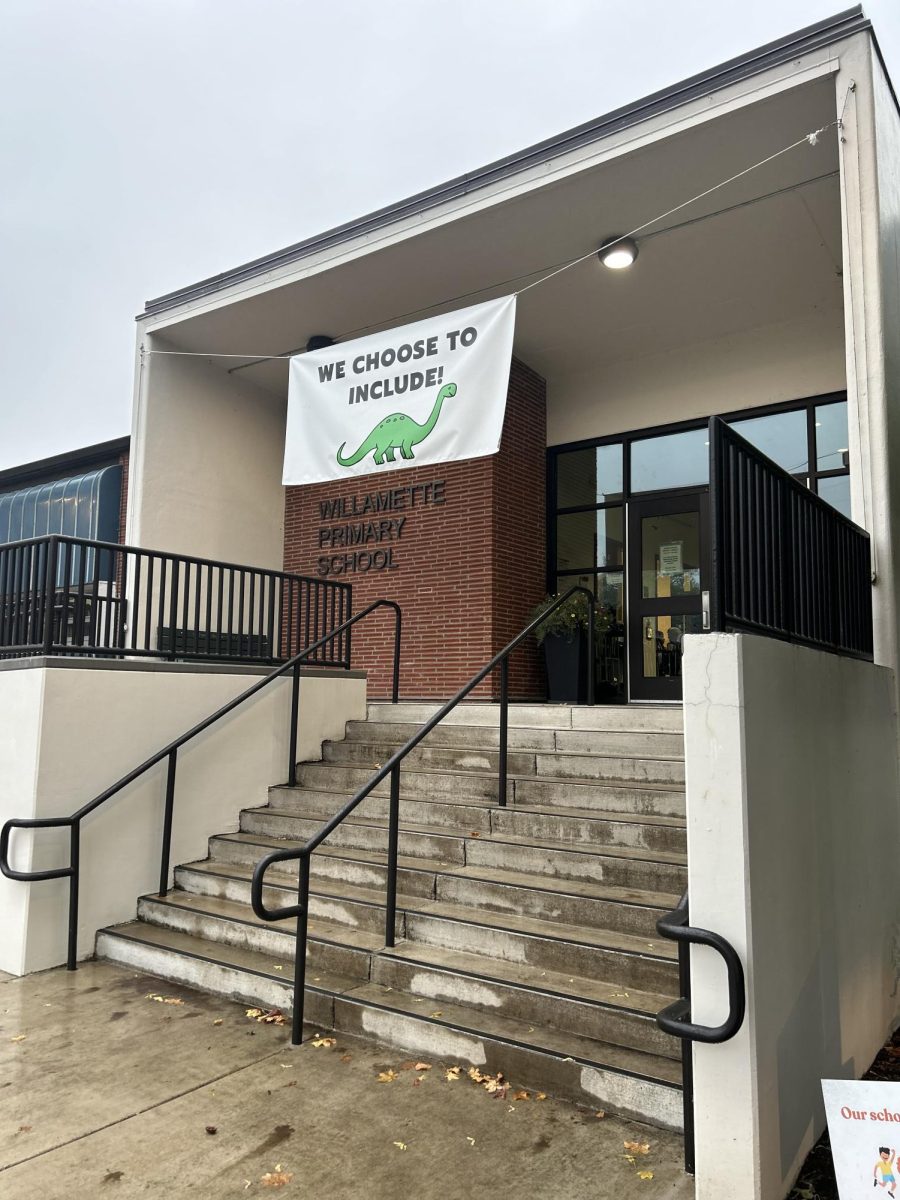





























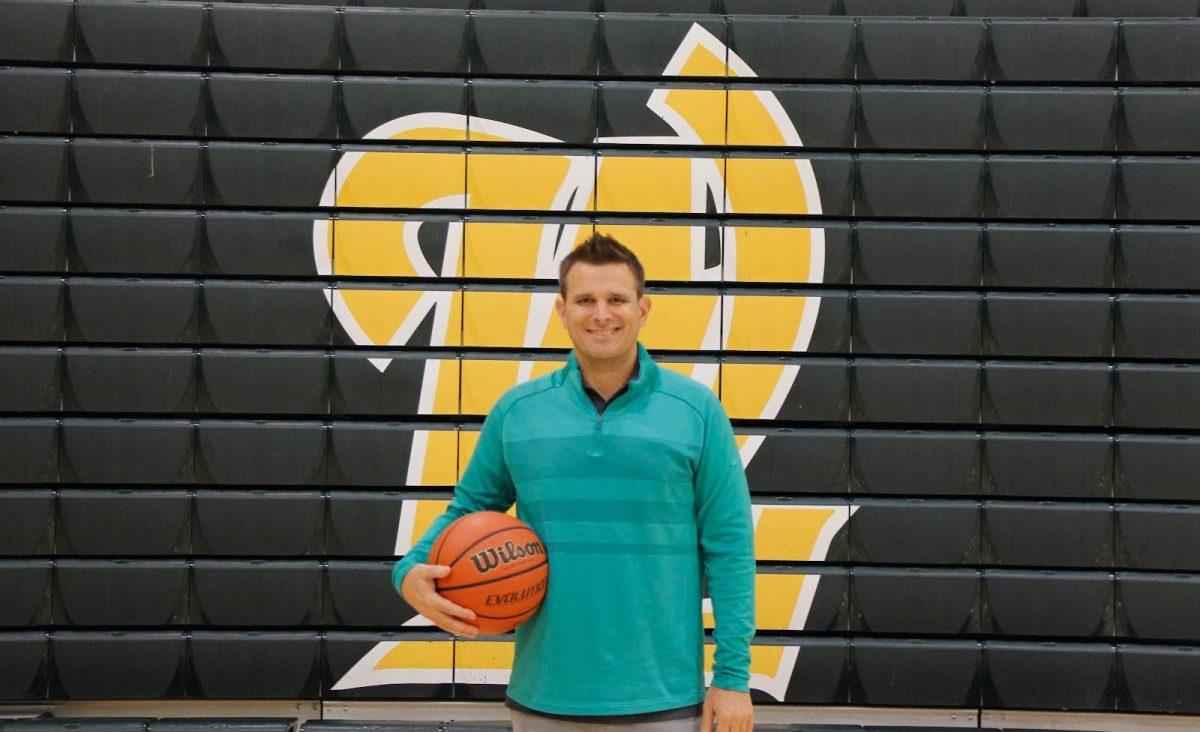







![At the bottom of the third inning, the Lions are still scoreless. Rowe stands at home plate, preparing to bat, while Vandenbrink stands off to the side as the next batter up. Despite having the bases loaded, the team was unable to score any runs. “It’s just the beginning of the season. We’re just going to be playing out best by June, [and] that’s where champions are,” Rowe said.](https://wlhsnow.com/wp-content/uploads/2024/03/IMG_3077-1200x900.jpg)







































![All smiles. The group poses for a photo with last year’s book, “This is Our House,” along with their award for third Best in Show. Meikle, who was an Editor-in-Chief for the yearbook last year as well, holds both and stands at the center of the group. “That was an amazing feeling, going and grabbing the third place award,” Meikle said. “All of it paid off. I cried so much over that book, being able to receive [the award] was one of the highlights of my high school career, it was like the coolest thing ever.”](https://wlhsnow.com/wp-content/uploads/2024/11/8bookpose_philly-1200x800.jpg)













